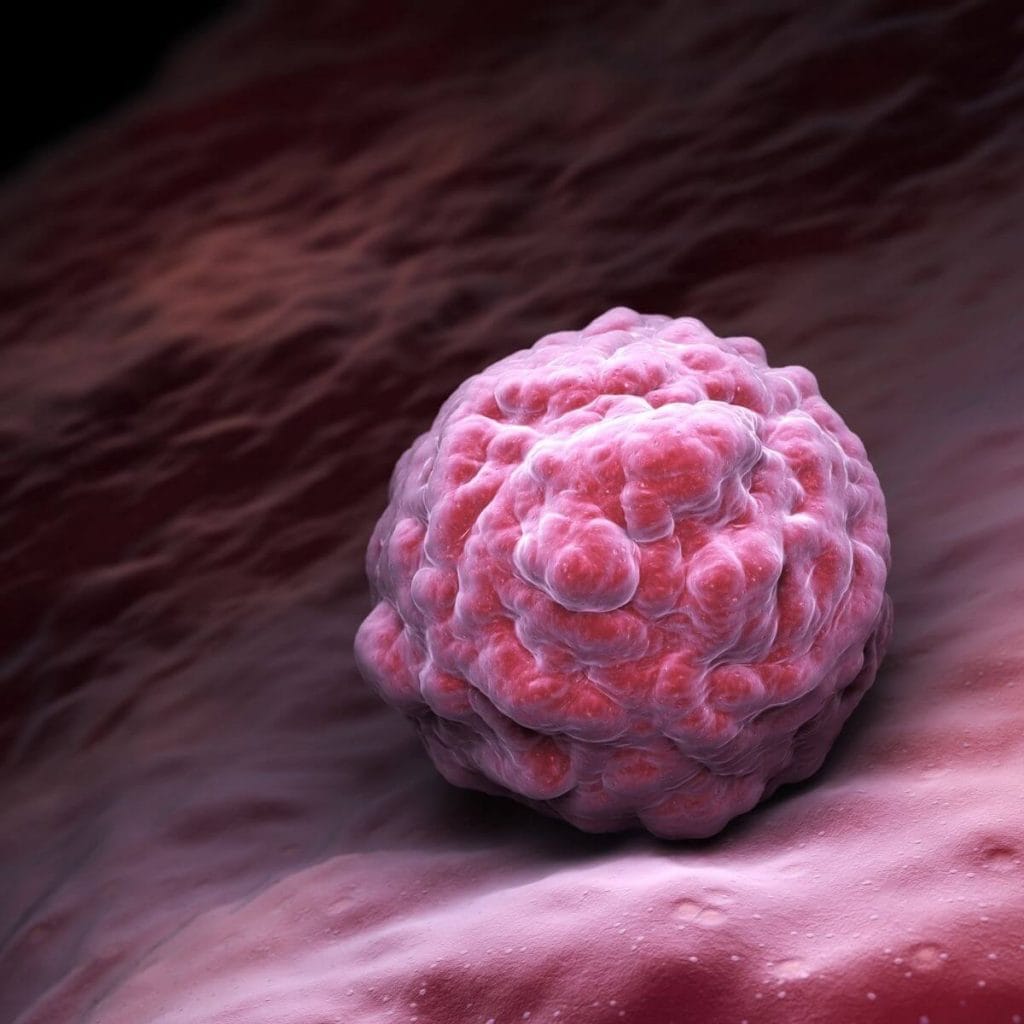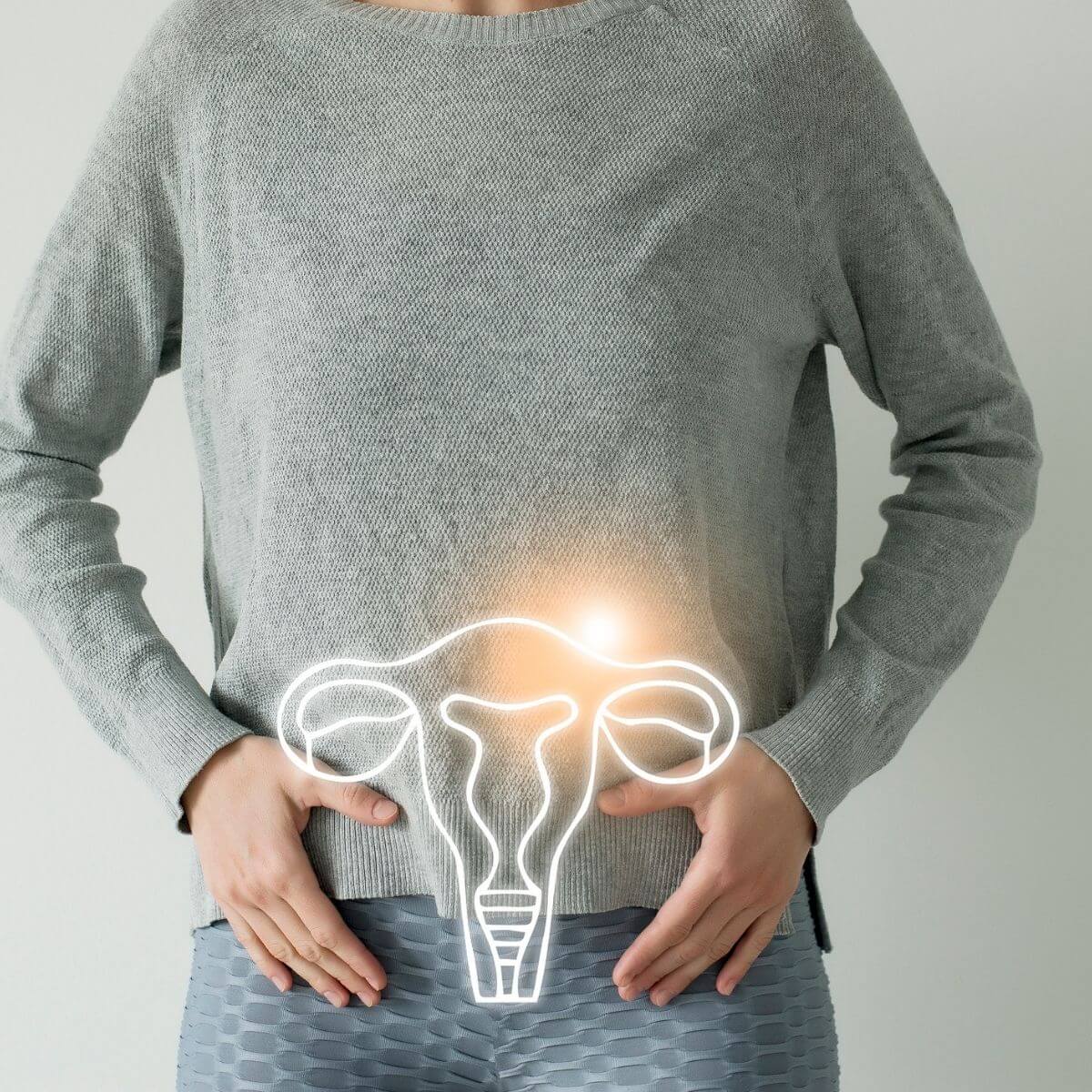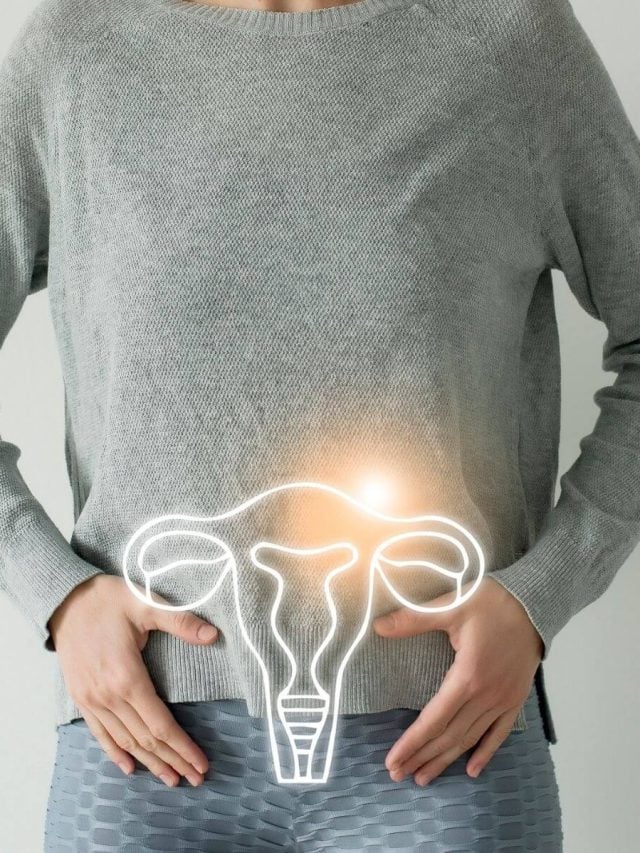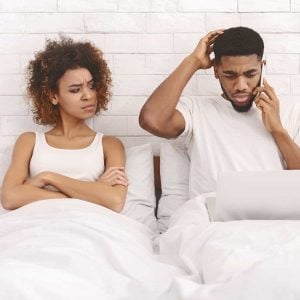Early in life, before my reality became tainted by fertility struggles and recurrent pregnancy loss, I had a half-baked impression about how easy it is to conceive. Honestly, I had no idea what my chances of getting pregnant on ovulation day were, and I’m not even sure I understood that there was a short fertile window during which I could potentially conceive each month.
I mean, I wasn’t completely naive. I understood the birds and the bees and had sat through health class like everyone else, but there were still certain things I just didn’t get.
When we spend our whole lives being warned to avoid getting pregnant before we’re ready–thank you to the fire and brimstone lectures about birth control and condoms–we tend to think the process is easier than it often feels once we’re trying to conceive (TTC). I don’t know about you, but I was basically misled to believe that anytime a person has unprotected sex, it pretty much means a baby will show up nine months later.
Thankfully, I’m much better educated now, and I’m excited to use what I’ve learned–both through education and experience–to support you with reliable TTC tips.
If you’ve been wondering what your chances of getting pregnant on ovulation day are, we’ve done the research and are here to provide you with all the information you desperately need to know. So let’s dive in, k?
A huge thank you to Fairhaven Health for sponsoring this article. Fairhaven Health is our most trusted go-to resource for fertility support, and their support on this article has allowed us to dig deeper into the research to provide you with the best, most reliable information.

This site contains affiliate links, meaning that we earn a small commission for purchases made through our site. We only recommend products we personally use, love, or have thoroughly vetted.
- What are the Chances of Getting Pregnant Without Protection?
- What is Ovulation?
- Can You Get Pregnant On Your Ovulation Day?
- How to Give Yourself The Best Chance of Getting Pregnant On Ovulation Day
- What Are the Chances of Getting Pregnant the Day Before Ovulation?
- How Many Days After Ovulation Can You Get Pregnant?
- Can You Get Pregnant During Your Period?
- Understanding Ovulation
- More Trying to Conceive (TTC) Articles
- Infertility Articles
- Pregnancy Articles
- Other Favorites from Undefining Motherhood
What are the Chances of Getting Pregnant Without Protection?
Despite what my abstinence-only sex ed instructors had me believe, a healthy woman in her 20s or early 30s only has approximately a 20-25% chance of pregnancy each month without using protection. And that’s assuming neither she nor her partner has any unknown underlying fertility issues. Or course there are differences in fertility by age, but even in those good circumstances, there’s only a 1 in 4 chance of conceiving each month.
Why, you might be wondering, is it so hard to get pregnant? Well, it’s because your sexual activities and lack of birth control need to align perfectly with a little something called ovulation.
What is Ovulation?
Whatever your family planning goals, understanding ovulation is key to keeping you on track.
Approximately once a month, a woman’s ovaries release a mature egg. This is called ovulation. From there, the egg will travel down through a fallopian tube and into the uterus. If there is sperm waiting for the egg during its journey through the fallopian tubes, the egg can become fertilized.
The entire process typically takes around 12 to 24 hours, and many people refer to this whole event as the ovulation process.
Once the egg arrives in the woman’s uterus, if it has not been fertilized, it will shed along with her uterine wall during her menstrual cycle. Then, the process will begin again with her next cycle, with the egg growing, maturing, releasing, and traveling into the uterus.
Common Signs You’re Ovulating
Most of us understand the telltale signs that our periods are on their way. Did you know, however, that many women’s bodies also give hints through ovulation day symptoms?
If you’re trying to decide whether it’s a good time to have sex on your quest to get pregnant (or cross your legs up tight if you’re not), be on the lookout for indicators such as these:
- Light spotting
- Changes in cervical mucus, i.e., discharge has an “egg-like” consistency (nice visual, I know!)
- Spikes in basal body temperature
- Slight cramping on one side of your pelvis
- Tender breasts
- Increased sex drive
- Bloating
If you want to stay up-to-date on your ovulation cycle, it’s also a good idea to consult a trusted ovulation tracker app or purchase a reliable fertility monitor. Learn the best ways to track ovulation here!
What Happens After Ovulation?
Have you ever heard of the “two week wait,” the dreaded time after you hope to conceive that you have to wait before a pregnancy test can detect whether or not you got pregnant? This is the time period following ovulation.
Once an egg has been released into a woman’s uterus, her body will enter what’s called the luteal phase. During this period, reproductive hormones, such as estrogen and progesterone, prevent her body from shedding the uterine lining and releasing the egg.
If the egg was not fertilized during ovulation, you will have your period like normal at the end of this roughly two-week window. If it was, you’ll likely see a positive pregnancy test around the time of your missed period.
Can You Get Pregnant On Your Ovulation Day?
Yes!
Not only can you get pregnant on ovulation day; it’s one of the most fertile days in a woman’s reproductive cycle.
In fact, you have a 30% chance of getting pregnant on your ovulation day, or the two days before ovulation. These chances depend on your age, so be sure to talk to your healthcare provider about your ovulation cycle and your age if you have concerns.

What does that mean for you? If you’re looking for TTC tips, it means you should learn when you ovulate and try to have sex in the few days leading up to ovulation day!
How to Give Yourself The Best Chance of Getting Pregnant On Ovulation Day
The best way to improve your chances of getting pregnant on ovulation day is to have sex or inseminate on the correct day during each cycle. And while it can feel a bit like voodoo magic trying to understand when you ovulate each month, there are actually reliable methods to learning about your cycle so you’ll know exactly when ovulation occurs each month.
The key here, friend, is learning, and of course, doing everything possible to regulate your cycle. Using a type of family planning called the Fertility Awareness Method (FAM) is perhaps the most comprehensive way to learn about your cycle each month. And we hate to say it, but it can take a few months to identify patterns and know exactly what to expect each month.
Of course you can also use tools like fertility monitors or ovulation test strips, but these aren’t fool-proof, so we still recommend using these tools as part of your overall education about your own cycle.
We also suggest doing everything you can to help regulate your cycle. After all, when you know what to expect each month, it’s much easier to predict ovulation!
CycleBoost* is our go-to supplement to support cycle regularity, hormone balance, egg quality, and ovarian function.*
It provides 2000 mg of myo-inositol and 50 mg of d-chiro inositol, in the 40:1 ration that’s found in the body.
We love that CycleBoost* comes in a drinkable format that dissolved in any non-carbonated liquid – not only are you not having to take more pills, but you can continue taking your prenatal of choice without any worry of overlapping ingredients!
CycleBoost* supports a healthy balance of the key hormones involved in healthy ovulation, including testosterone and insulin* Since the entire menstrual cycle is regulated by ovulatory function, this in turn, can support menstrual cycle health and regularity.*
What Are the Chances of Getting Pregnant the Day Before Ovulation?
Something that might surprise you about the conception process is that you’re also likely to conceive in the day or two leading up to ovulation.
One study found that there’s approximately a 28% chance of conceiving two days before ovulation and a 24% chance of conceiving one day before. These are the highest percentages during a monthly reproductive cycle.
Here’s why. A woman’s egg can only live for 12-24 hours without fertilization, while a man’s sperm can live inside a woman’s body for up to five days.
So if you have sex or otherwise inseminate in the days leading up to ovulation, the sperm will still be alive and “in position” when a woman’s egg is released from her ovaries. Whereas, sex after ovulation day usually means that the sperm won’t make it to the egg in time.
How Many Days After Ovulation Can You Get Pregnant?
According to the American Pregnancy Association, “getting pregnant after ovulation is possible, but is limited to the 12-24 hours after your egg has been released.”
Something to keep in mind, though, is the unpredictability of ovulation. In fact, many women have irregular cycles, which is why we recommend tracking fertility to understand when you ovulate.
No matter how in tune with your body you may be or how good your ovulation tracker might seem, the only way to be 100% certain you have or have not ovulated is to monitor your cycle with a doctor, which isn’t an option for most of us.
While most women ovulate somewhere between days 11 and 21 of their cycle, there’s no guarantee. If you think you might be having irregular cycles, talk to your doctor about how to boost your chances of conceiving.
And if you believe ovulation is about to occur or has already happened, there’s no harm in spending a little extra time in the bedroom, just in case.
If it’s already too late, you might not get pregnant, but hey, at least you had some fun!
Can You Get Pregnant During Your Period?
Besides confusion about the chances of getting pregnant on ovulation day, one of the other common questions in mommy communities is whether it’s possible to get pregnant while you’re on your period.
While we’ve already covered what happens after ovulation, it’s worth mentioning a woman’s period, too.
The answer is yes, it IS possible to get pregnant during your period – but it’s not very likely.
Under certain circumstances, it’s possible a woman could conceive while she’s on her period. Some of these situations include:
- When ovulation happens a few days after a woman’s period and there’s still live sperm in her body
- When a woman thinks she’s on her period, but it’s actually light spotting from ovulation
- When ovulation occurs before a woman has stopped bleeding during her period
Understanding Ovulation
So many studies have been done regarding the chances of getting pregnant on ovulation day or the chances of getting pregnant the day before ovulation occurs.
Remember that the numbers quoted in this article won’t necessarily apply to each individual’s body, but they do give us an approximate idea of when you can conceive.
While understanding the statistics surrounding ovulation and pregnancy are important, it’s critical to realize your body might follow a different pattern.
Learn about the ways to track ovulation, decide which are best for your situation, and do the best you can to take control of your own reproductive calendar.
More than anything else, though, try to relax as much as you can. We know that isn’t easy, but be sure to work in some self care for moms. After all, you’re embarking on a journey to motherhood, which already makes you a mom in our eyes.
Don’t let this world of numbers and percentages put more stress on the already grueling process of trying to get pregnant.
Have you ever tried to track your chances of getting pregnant on ovulation day?
*These statements have not been evaluated by the Food and Drug Administration. This product is not intended to diagnose, treat, cure or prevent any disease.
More Trying to Conceive (TTC) Articles
Infertility Articles
Pregnancy Articles
- Foods that fight nausea during pregnancy
- Cramping and lower back pain in early pregnancy
- Induction at 37 weeks
- Going home outfit for mom
- Best maternity work pants














I’m 36 and I’m trying to have a baby. I wasn’t on birth control and never was. I tried last month guess the timing was wrong. I peed on the ovulation stick Saturday and it was positive. The app I used say I will ovulate Sunday we had sex Sunday morning and we had sex Monday morning. Is it possible to get pregnant? I hope so
Timing wise, it’s definitely possible, assuming you actually ovulated on Sunday. But just because you hit the timing right doesn’t mean you’ll conceive. But it’s obviously an essential component. Good luck!